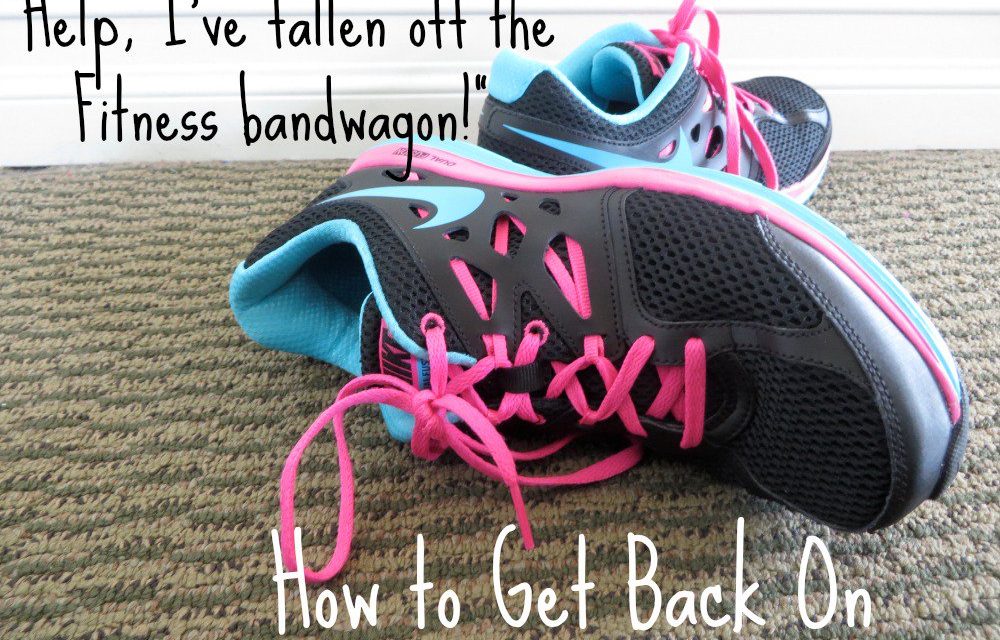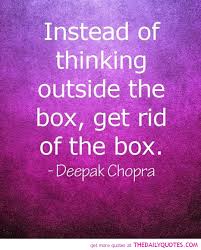Exercise Tips For Seniors
 The older you are, the more you need exercise. The body loses muscle mass faster the more you age. However, there are also some precautions you need to take, particularly if you have health issues. Here are some exercise tips for seniors that can help you get fitter faster and exercise in a safer manner. The first is more of a requirement, than a tip. Always check with your health care professional first and let your personal trainer know of any special needs. You may want to have your trainer discuss any serious conditions with your doctor or health care professional.
The older you are, the more you need exercise. The body loses muscle mass faster the more you age. However, there are also some precautions you need to take, particularly if you have health issues. Here are some exercise tips for seniors that can help you get fitter faster and exercise in a safer manner. The first is more of a requirement, than a tip. Always check with your health care professional first and let your personal trainer know of any special needs. You may want to have your trainer discuss any serious conditions with your doctor or health care professional.
Include all types of exercise in your workout.
You have four different types of fitness; endurance, flexibility, strength and balance. As you age, you lose lean muscle mass. That reduces your strength. The aging process, particularly if you don’t exercise, takes its toll on your endurance and flexibility as well. Balance decreases and that can lead to falls with serious complications. To be your healthiest, you need to have a well rounded program that addresses all areas. A personal trainer can help you do this, but you also can do it on your own with a little research.
Walking, bike riding and swimming can build endurance.
You don’t have to have a sophisticated program to build endurance, walking every day can do the trick and be a gentle way to start your workout. Swimming is also good and doesn’t place undue pressure on joints. Strength training is important to help reduce not only muscle loss, but the bone loss of osteoporosis. It can improve balance in the process. Besides a program of strength training that can involve weights or resistance bands, seniors can use every day activities to build up their arm strength. Carry grocery bags, use soup cans as weights and do a set of curls or other strength building exercises when you think of it. Everything is a weight when you lift it…but make sure it’s not too heavy for you and you’re using proper form.
Take dance classes, yoga or do a stretching routine for flexibility.
Dancing can provide endurance training and some types of dancing add to flexibility fitness. Yoga is known for improving flexibility, just as stretching is. If you’re unable to go to a gym or other type of flexibility training, doing a routine of stretches at home can help. We have online training with routines to help you in every area so you can start working out at home.
– Enjoy your fitness program. It doesn’t have to be all sweating and grueling workouts. Getting exercise can be any activity that’s both fun and physical.
– Workout with others to get both social benefits and physical ones. Studies show that a healthy social life can improve your health. When you workout with others, you’re more apt to stick with the program.
– Combine a program of exercise with healthy eating to maximize the benefits.
– Go slowly. You can’t reverse years of inactivity all at once. Start your program slowly and increase little by little. You can break up your workout to several sessions, too. Instead of one long 40 minute workout, four short ten minute ones may be more reasonable, at least until you get fitter.





 If you’ve fallen off the workout wagon, getting started again can be scary, but it’s even worse if you’re starting to workout again after surgery. The type of surgery you had also makes a difference. The first thing you must do is make sure you have your health care professionals okay to begin working out. Even if you feel good, there are many factors to consider. Your doctor is your best source of information for when to begin your program of exercise.
If you’ve fallen off the workout wagon, getting started again can be scary, but it’s even worse if you’re starting to workout again after surgery. The type of surgery you had also makes a difference. The first thing you must do is make sure you have your health care professionals okay to begin working out. Even if you feel good, there are many factors to consider. Your doctor is your best source of information for when to begin your program of exercise.
 Your gym bag should have all the necessities to make your transformation from John or Joan Average Citizen to powerhouse and back again. While some people have everything they need and seem to be pros carry just the right number of necessary items, others either forget things or have enough stuff in their gym bag to hold them over for several days. The first on the list should always be clean gym clothing and tennis shoes.
Your gym bag should have all the necessities to make your transformation from John or Joan Average Citizen to powerhouse and back again. While some people have everything they need and seem to be pros carry just the right number of necessary items, others either forget things or have enough stuff in their gym bag to hold them over for several days. The first on the list should always be clean gym clothing and tennis shoes.
 Don’t let one slip or even several days or weeks of neglect stop you from looking and feeling your best. It’s time to get back on the fitness wagon. Even if you fell off the wagon, then sold it for money for Oreos, it’s never too late to start over and get back into the routine of working out. One thing about exercise, it’s not a task, like doing laundry, where if you let it go for a few days, you can catch up again in one night. It takes time to get back on track, so you may have to take it slowly at first.
Don’t let one slip or even several days or weeks of neglect stop you from looking and feeling your best. It’s time to get back on the fitness wagon. Even if you fell off the wagon, then sold it for money for Oreos, it’s never too late to start over and get back into the routine of working out. One thing about exercise, it’s not a task, like doing laundry, where if you let it go for a few days, you can catch up again in one night. It takes time to get back on track, so you may have to take it slowly at first.

 Comfort foods are often high calorie foods that tickle your taste buds and lower levels of stress. While you do have to beware of comfort foods, they really do provide stress relief, but not just from the pleasure of eating them. It’s from the neural activity it causes. One study on mice showed that rats under duress responded to sugar water, their comfort food, and displayed signs of reduced stress. When the liquid bypassed their taste buds and went directly to the stomach, there was no relief. That says comfort foods work only when they linger on the palate for a few moments and set off the taste buds.
Comfort foods are often high calorie foods that tickle your taste buds and lower levels of stress. While you do have to beware of comfort foods, they really do provide stress relief, but not just from the pleasure of eating them. It’s from the neural activity it causes. One study on mice showed that rats under duress responded to sugar water, their comfort food, and displayed signs of reduced stress. When the liquid bypassed their taste buds and went directly to the stomach, there was no relief. That says comfort foods work only when they linger on the palate for a few moments and set off the taste buds.
 People don’t always eat because they need the calories to sustain them. They eat for a number of reasons. Sometimes, it’s emotional and triggered by anger or sadness. Sometimes, eating occurs because, frankly, you have nothing better to do. It’s hard to tell whether you’re hungry or bored in those instances, unless you focus on why you’re searching for food. Before you grab a quick sandwich, try some of these tactics to see if you’re really hungry or if it’s something else you seek.
People don’t always eat because they need the calories to sustain them. They eat for a number of reasons. Sometimes, it’s emotional and triggered by anger or sadness. Sometimes, eating occurs because, frankly, you have nothing better to do. It’s hard to tell whether you’re hungry or bored in those instances, unless you focus on why you’re searching for food. Before you grab a quick sandwich, try some of these tactics to see if you’re really hungry or if it’s something else you seek.